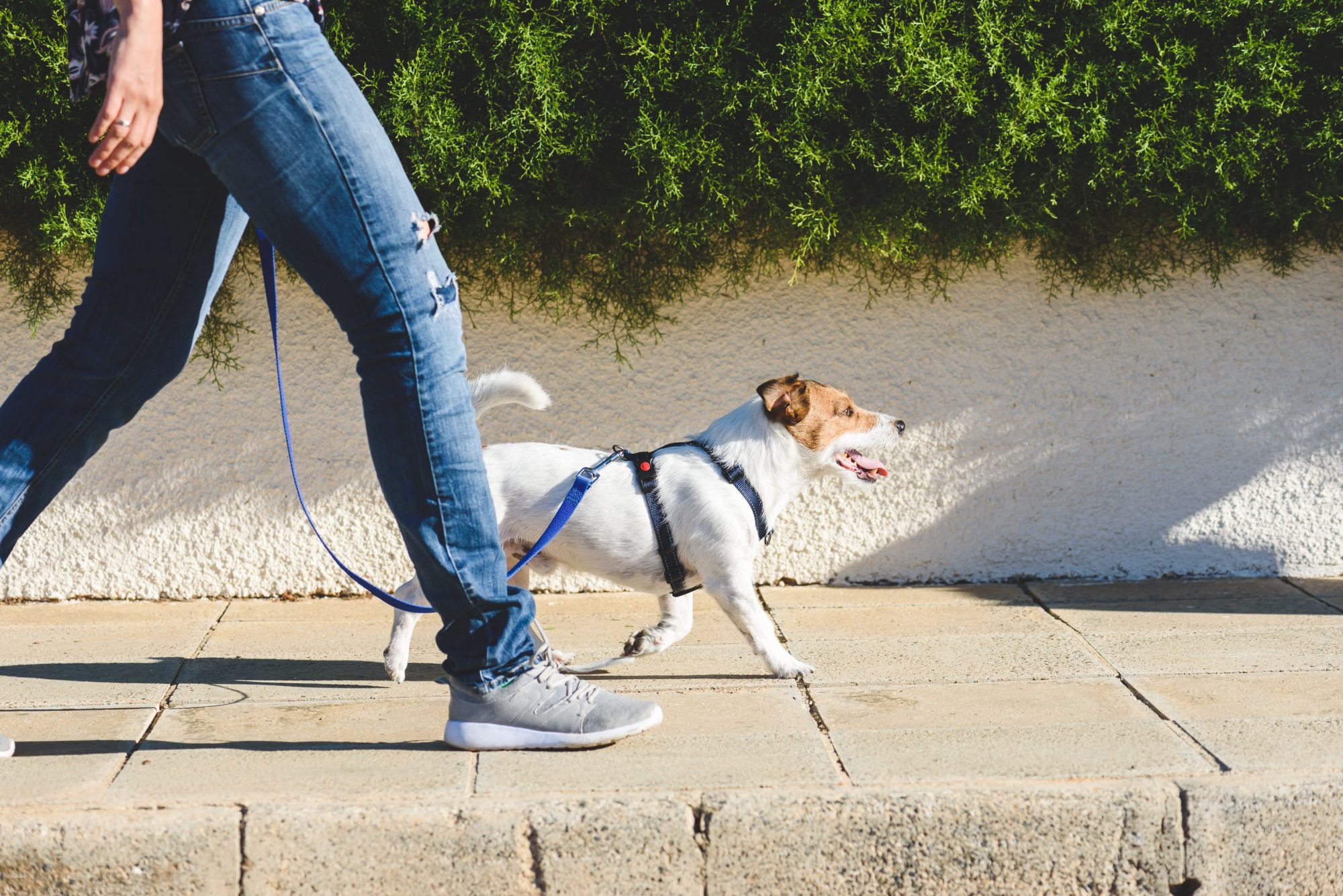
Longer days, barbecues, and long afternoons by the pool are just a few of the reasons we love summer. As we enjoy the perks of the season, however, it is important to remember that our pets need a little extra attention so they too can enjoy summer. Oroville Animal Health Center wants to help you protect your pet’s paws from the heat as you enjoy the season together:
Protect Your Pet’s Paws
Your pet’s paws take them through the world, and a significant increase in temperature can make it extremely uncomfortable to walk on them. Hot pavement, sand, and even grass could lead to blisters or even burns on your pup’s paws. If you’ve ever had a bad blister, you know how miserable it is to keep walking until it heals. Luckily, you have shoes and socks to help you with the healing process. Our pets are not do not have this same luxury.
Step Tenderly
Many pet owners do not realize just how hot asphalt can get during the summer. If the air temperature is a pleasant 77 degrees, the pavement will be a scorching 125 degrees. Once temperatures soar into the nineties, however, the asphalt will get to more like 149 degrees. A good way to gauge whether or not the pavement is too hot is to put your bare hand or foot down. If it’s too hot for you to hold it down for at least 10 seconds, it’s too hot for your pet’s paws.
Paw Protection
During the summer months, try to keep your pet inside during the hottest parts of the day. For additional paw protection, you can consider:
- Conditioning your pet’s paws by taking walks on the pavement during cooler parts of the day
- Using a moisturizer to prevent the paws from cracking
- Investing in some dog shoes for hot weather
- Always walking in shady or grassy areas
General Heat Protection
In addition to protecting your pet’s paws from the heat, it is important to be alert for signs of heat sickness.
Dogs that are experiencing heat stress or heatstroke will:
- Become lethargic
- Pant or drool excessively
- Refuse to get up
- Vomit
- Appear confused or dizzy
- Refuse to drink water
- Lose consciousness
- Have a seizure
If you notice any of these symptoms, you should immediately seek medical help. Heat stress and heat stroke are both very dangerous conditions for animals, and they need veterinary intervention as soon as possible.
Whether you need some more summer safety tips or you think your pet might be suffering from heat-related illness, Oroville Animal Health Center is here for you. We are proud to partner with you to ensure your pets are happy and healthy. To learn more, please call (530) 533-7513.
